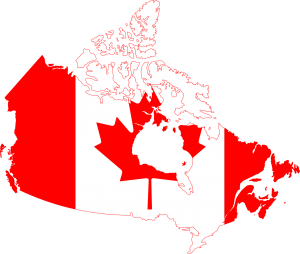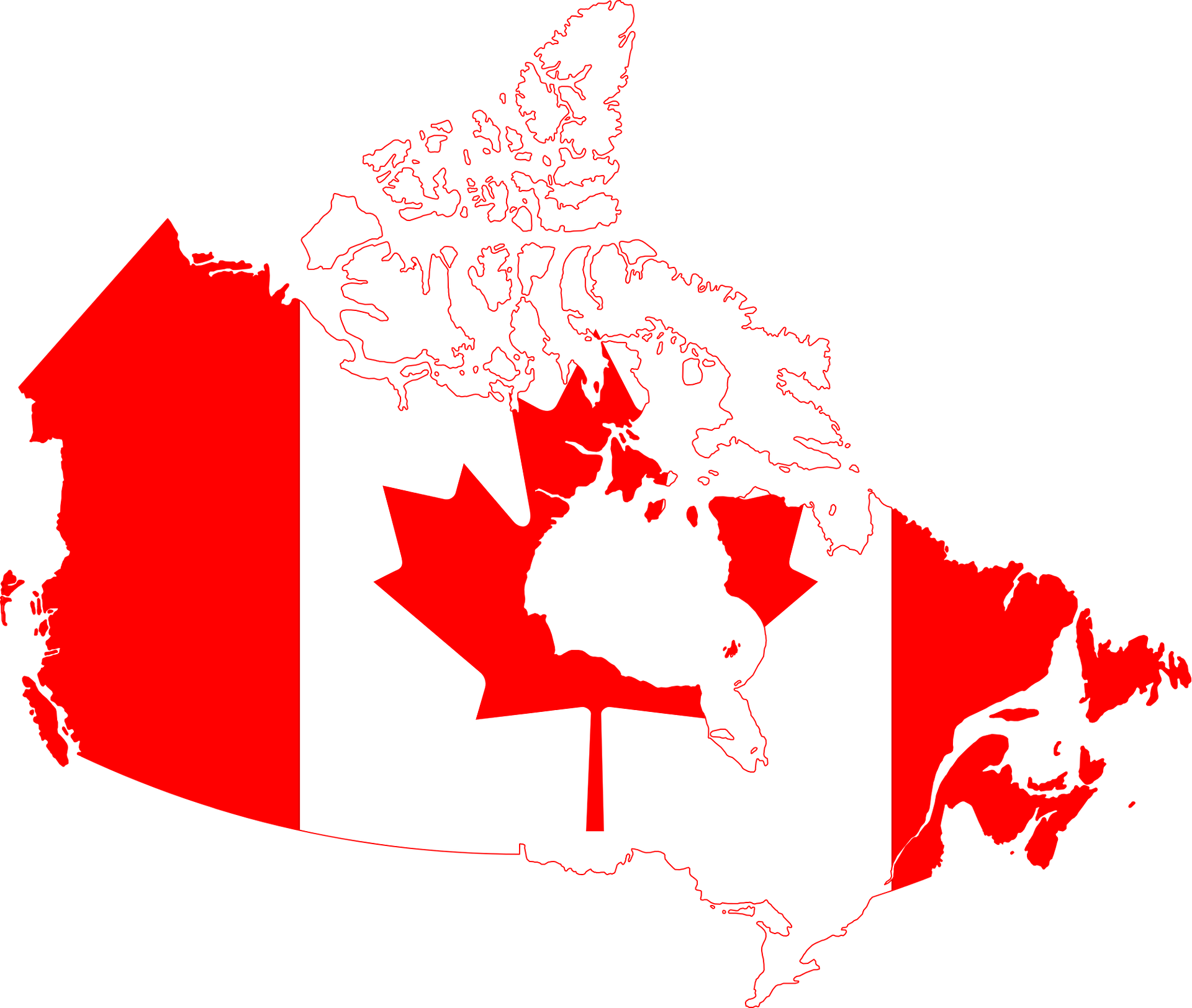 Yes, officially Canada is a bilingual country, its two languages being English and French. However, knowing that doesn’t give you the whole story. Nor does it explain if or why you might need to use a translation service for localizing your message.
Yes, officially Canada is a bilingual country, its two languages being English and French. However, knowing that doesn’t give you the whole story. Nor does it explain if or why you might need to use a translation service for localizing your message.
Let’s start with a little history. Back in the late 15th century, both French and English expeditioners fought over and colonized the land that has become Canada. When it came time for founding the Canadian federation, in the spirit of cooperation, its developers wanted to recognize both communities and encourage them to coexist and complement each other. The Constitution Act of 1867 made both English and French the country’s official languages.
Today, what it comes down to is, as a bilingual country, all public services, including government policies, laws, and schooling, must be made available in both English and French.
But it’s confusing because each of Canada’s 10 provinces and three territories implements its own official language policy. Only Quebec recognizes French as its sole official language.
There are approximately 7.2 million French Canadians, about 20% of the country’s population. Most of them live in Quebec. You’ll also find a significant number of French speakers in New Brunswick, the only province that recognizes both English and French as official languages.
However, outside of Quebec and New Brunswick, you won’t hear too many Canadians speaking French. All the other provinces and territories use English as their official language.
And since French is not required learning at schools in provinces other than Quebec, only 10-15% of Anglophone Canadians (meaning those who speak English as their first language) are bilingual.
While the vast majority of Canadians speak only English, you’ll see road signs, product packaging, and media in both languages. When you come through immigration at the airport, officers greet you in both English and French. When you take a bus tour, you’ll hear the guides describing the sights first in one language and then the other.
Other Languages
Like the United States, Canada is a nation of immigrants. That means, especially in the Western provinces, you’ll also hear Chinese, Japanese, Korean, Tagalog, Punjabi, Polish, and German. In central Canada, you may hear Italian. And in Eastern parts of the country, Dutch and Arabic.
While not widely spoken, up in northern parts of the country and its three territories, you may hear Indigenous languages. In fact, along with English and French, Chipewyan, Cree, Gwich’in, Inuinnaqtun, Inuktitut, Inuvialuktun, North Slave, Soth Slave, Tłįchǫ and Dogrib are official languages in Nunavut and the Northwest Territories.
English to English
So if most of the country speaks English, do you need to hire a translation service when writing for a Canadian audience?
Well, first there’s the country-wide requirement mentioned earlier about bilingual product packaging and labeling. And if you’re talking to an audience in Quebec specifically, through resellers, distributors, or sales representatives, your materials – contracts, advertising, websites, catalogs, brochures, etc. – must also be in French.
And while many of the differences between Canadian and American English are in the pronunciation of words, there are differences in phrases and spelling too.
In the United States, you may call the place with a toilet and sink a restroom. In Canada, it’s referred to as a washroom. Instead of a parking garage, you would leave your car in a parkade. If you’re in Saskatchewan, a hooded sweatshirt is called a bunnyhug.
If you’re talking about school, in Canada, you refer to first grade in school as grade one. And they don’t use the terms freshman, sophomore, junior, or senior.
When it comes to spelling, you’ll see practice and license in the U.S., but practise and licence in Canada. Canadians use the British -our ending instead of -or in some words such as colour, flavour, labour, neighbour.
If anyone’s even still using them, they’re bank cheques in Canada, not checks. And they keep the -re ending of some French derived words like theatre and centre.
So you can see that if you’re speaking to a Canadian audience, and want them to feel comfortable that you’re speaking their language, it makes sense to have your copy reviewed, localized into Canadian English and translated into French.
See more about how Alpha Omega Translations can help you help you localize your content and speak the words, phrases, and dialects that are familiar to your market here.




